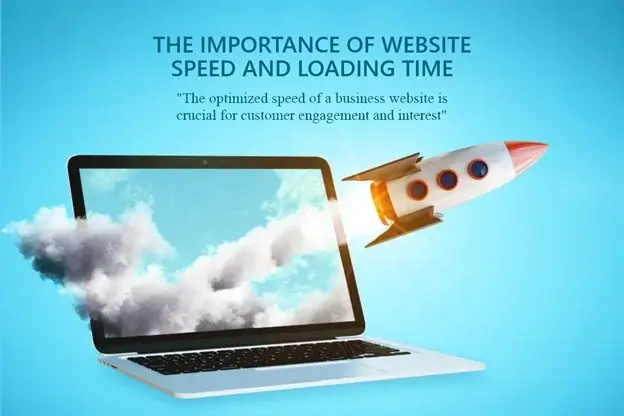

Anyone who has ever waited for a website to load can tell you that it's a frustrating experience.
In today's fast-paced world, people expect immediate gratification. This is especially true when it comes to the internet. If a website takes too long to load, chances are a user will click away and find a website that better suits their needs. In fact, studies have shown that a one-second delay in page response can result in a 7% reduction in conversions.
That's why it's so important for businesses to have fast loading websites. Not only will it help improve conversions, but it will also improve user engagement and satisfaction. Here are three reasons why speed matters when it comes to your website.
As we mentioned before, people expect immediate gratification when they're using the internet. If they have to wait more than a couple of seconds for a page to load, they're likely to click away and find another website that can better meet their needs.
A slow website can also be frustrating for users who are trying to purchase a product or service from you. Imagine how annoyed a customer would be if they added an item to their cart only to find out that the page took too long to load and they lost everything they had just added. A fast-loading website will ensure that users have a positive experience on your site and are more likely to come back in the future.
In addition to improving the user experience, a fast-loading website will also help improve your SEO rankings. Google has stated on multiple occasions that site speed is one of the signals used by their algorithm to rank pages. In other words, the faster your website loads, the higher you'll rank in search results. And since most users don't go past the first page of results, it's important to do everything you can to make sure your website is as fast as possible.
A slower website can also end up costing you more money in hosting costs. That's because slow websites use more resources than fast ones due to all the extra time needed to load the individual pages and elements. By reducing your site's loading time, you'll also be able to reduce your hosting costs and save money in the long run.
Third, compress your HTML, CSS, and JavaScript files to reduce their size and improve load times. And finally, use a caching plugin to cache your pages and resources so that they can be loaded more quickly the next time a user visits your site.
Redirects occur when a user tries to visit one URL but is instead taken to another. For example, if a customer clicks on an outdated link from another website, they may be redirected to your home page instead of being taken directly to the correct page on your site. Redirects add an extra step in the process and can slow down page loading times, so it's important to keep them to a minimum.
A fast-loading website is crucial for businesses interested in engaging and converting customers. Not only does it improve the user experience, but it can also help improve SEO rankings and reduce hosting costs. If your website is sluggish, now is the time to take action and make some changes so you can reap the benefits of a speedy site.
Share